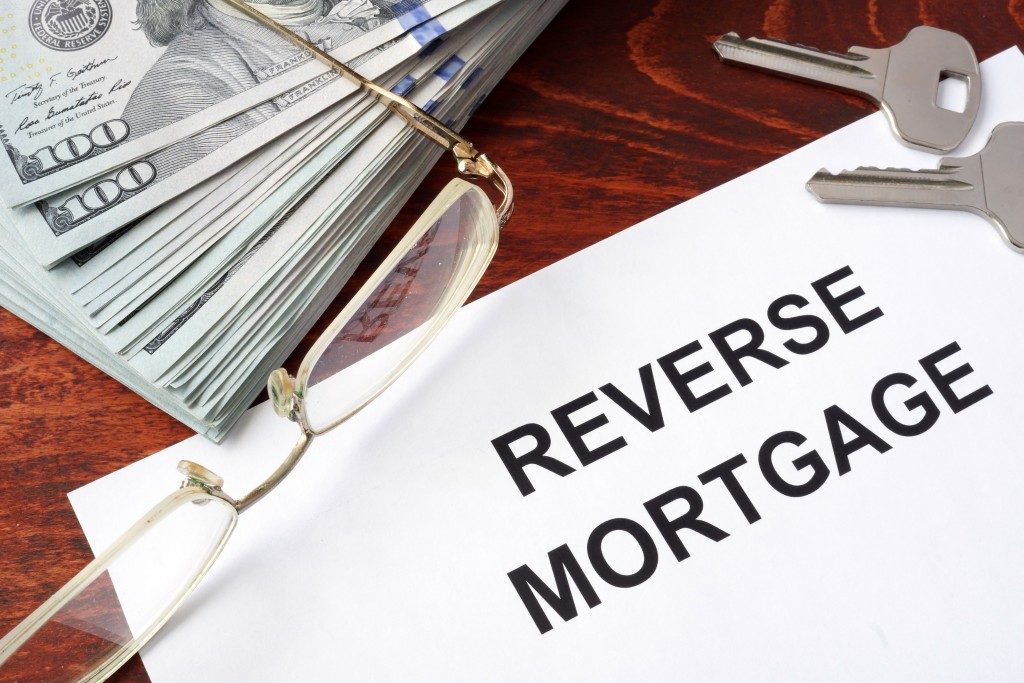A reverse mortgage is a type of home loan intended for the elderly. It is like a traditional home equity loan since its size depends on the portion of your property’s appraised value, but it does not have to be paid monthly. Instead, its repayment is triggered only when you pass away, move, or sell the property.
Any mortgage lender in Utah, New Mexico, or Colorado agrees that it can be an excellent supplement to your retirement funds. However, it is not always a good idea. It can work against you if you can relate to any of the scenarios below:
You Want to Pass Down Your Home to Your Loved Ones
Borrowing against your property at this point in your life puts one of your most valuable inheritances to your heirs at risk. Since the entire reverse mortgage has to be paid in full, the house needs to be sold to obtain the necessary funds to pay what you owe unless, of course, you have other sources of cash you can use.
Before you apply for this type of loan, make sure you accept the possibility that you might not be able to pass down your house to your loved ones. Nevertheless, your heirs can still receive the remainder of the proceeds from the sale.
You Do Not Live Alone
 If you live with someone, this person might be forced to move out if and when the house needs to be put on the market to repay the mortgage. A viable workaround is to include the name of the other person or people sharing the roof with you on the paperwork. But then again, this option is only possible if the said person or people are at least 62 years old.
If you live with someone, this person might be forced to move out if and when the house needs to be put on the market to repay the mortgage. A viable workaround is to include the name of the other person or people sharing the roof with you on the paperwork. But then again, this option is only possible if the said person or people are at least 62 years old.
You Need Funds for Your Medical Bills
It is perfectly acceptable to use the reverse mortgage payout to cover your medical expenses. However, you might need to vacate your property if you must be transferred to an assisted living facility or a nursing home because of your health. When this happens, your house is no longer your primary residence, which therefore triggers the loan’s repayment.
You Might Have to Leave Your Home for Over a Year
One of the non-negotiable requirements of a reverse mortgage is that you need to occupy your house, for you can’t borrow against it if it is not your primary home. If you leave for over 12 consecutive months for whatever reason, your lender can consider it a permanent move. As a result, you have to pay the loan in full immediately.
You Can’t Get a Substantial Payment
Aside from your home equity, your age, and the interest rate you qualify for are the key factors that determine how much you can borrow. Although you do not have to worry about monthly loan repayments, you still need to pay the property tax and the insurance premium.
If the money you can receive from the loan is not that big, then acquiring debt with tens of dollars of closing costs using your house as security might not be worth it.
Like any other loan, it is imperative to be prudent about your reverse mortgage application. It can be the last significant debt you will obtain, so you do not want to make a regretful decision that will haunt the people you care about later on.



